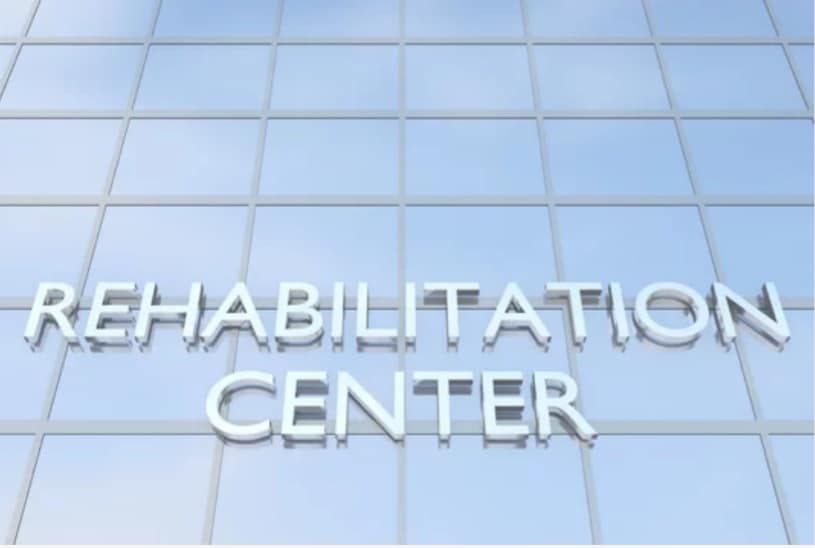Many people think that rehab is a long, intensive process that will take them away from their regular lives for a month or longer. However, this is not the case. Outpatient programs are a great option for recovering addicts who aren't in need of constant supervision and don't have the time, financial ability, or the overall need for inpatient rehab. They offer the opportunity to stay close to home, maintain your job or school life, and have limited time commitments.
Outpatient programs can help you build skills that will make it easier to live a sober lifestyle once you complete treatment. This blog post will explore what outpatient programs are available, how they work, and why they may be just what you're looking for!
There are many different types of outpatient programs available that can help you meet your individual needs.
1. What are the different types of outpatient programs available?
There are many different types of outpatient programs available that can help you meet your individual needs. For example, intensive outpatient treatment (IOP) is a short-term program lasting at least three hours per day and no more than five days per week for up to 16 weeks. Sober living homes offer flexible schedules and allow residents to work or go to school if they choose. Partial hospitalization programs provide comprehensive services in an atmosphere similar to what would be found inside a traditional rehab center but on a part-time schedule that works with the client's life outside of treatment. If someone is struggling with addiction while also dealing with depression or anxiety, dual diagnosis programming might be another good option as it addresses both simultaneously through medication management and therapy sessions.
2. How do they work?
By understanding how outpatient programs work, you can choose the right one for your specific needs. For example, partial hospitalization program schedules are typically either morning or evening sessions that last five hours each day for three to six days per week. This might be more manageable than attending treatment full time during the week while still being able to maintain a job and other responsibilities outside of rehab. Outpatient programming also allows individuals who have recently completed inpatient treatment an opportunity to continue building skills while transitioning back into their regular lives with limited yet structured support at first before taking on responsibility completely by themselves again.
3. Why might an outpatient program be more appropriate for you than inpatient rehab?
Outpatient programs are becoming increasingly popular because they offer the same support and guidance of inpatient rehab without taking away from your daily routine, which is why programs like Daymark Recovery specialize in it. Outpatient treatment can be an ideal option for someone who has recently completed a rehabilitation program but does not want to return home yet or is struggling with a severe addiction that requires constant care. It's also more affordable for those recovering addicts on limited incomes. Many outpatient programs focus on helping clients transition back into their regular lives while maintaining sobriety, which will make it easier to continue working towards long term recovery when you complete the program.
Remember, it’s important to consult with a professional before making a decision about what may be the right treatment for you. When you do, it will be worth it!


